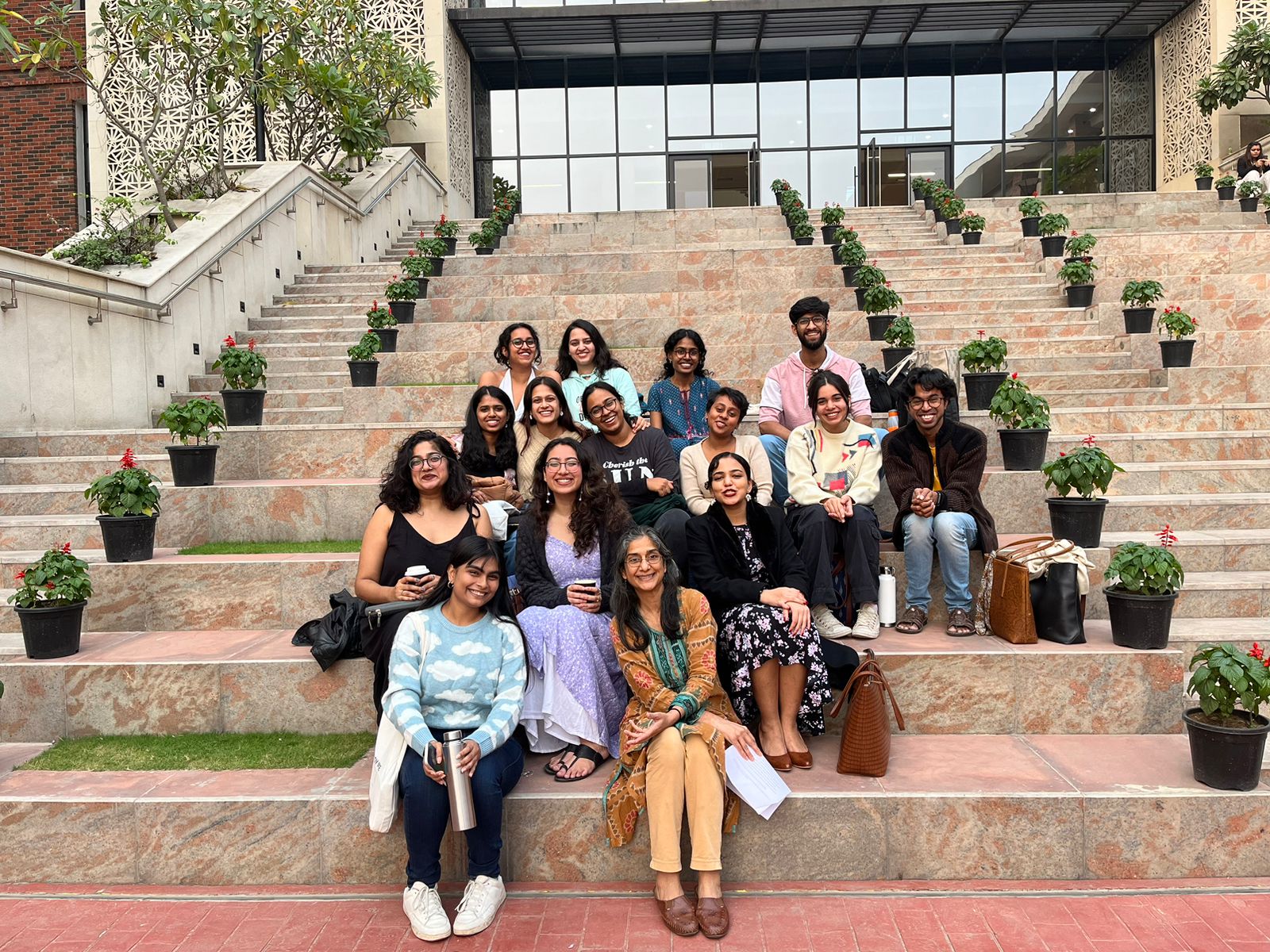The Fulbright-Nehru Academic and Professional Excellence Fellowship offers U.S. faculty, researchers, and professionals the opportunity to teach, conduct research, or combine both activities at an Indian institution. Depending on the host institution, grantees may also contribute to curriculum development, as well as conduct workshops and seminars.
Applicants planning to combine teaching and research should clearly specify the allocation of time for each activity in their project statement. For example, if 60% of the grant period is designated for research and 40% for teaching, this division should be reflected in the proposal.
The United States-India Educational Foundation (USIEF) also considers flex grants (research-only), which allow recipients to divide the grant period into shorter, in-country stays over two consecutive years. The total grant period must not exceed six months, and up to three round-trip airfares will be provided for the grantee. Applicants opting for a flex grant should clearly outline their project timeline and plans in the proposal.
Affiliation Requirements:
According to Indian government regulations, Fulbright fellows must be affiliated with institutions or organizations of higher education that are recognized and listed on the Indian Ministry of Education's website, including those accredited by the All India Council for Technical Education (AICTE), University Grants Commission (UGC), or other apex bodies. Medical institutions must be accredited by the Medical Council of India (MCI). Affiliations with non-governmental organizations (NGOs), think tanks, or research organizations not recognized by these regulatory bodies are not permitted.
Affiliations are available throughout India, except in the Union Territory of Jammu and Kashmir. In addition to a valid visa or project clearance (for OCI card holders), additional approval from the Indian government may be required for travel to restricted areas such as Arunachal Pradesh, the Andaman and Nicobar Islands, Manipur, Mizoram, Nagaland, Sikkim, and parts of Himachal Pradesh, Rajasthan, and Uttarakhand. Scholars should consider these restrictions when finalizing their affiliations or research projects.
Applicants are encouraged to identify and secure an invitation letter from their preferred host institution. If an applicant does not have a host institution in mind, USIEF can assist in finding a suitable match. Final affiliation decisions are made by USIEF after grantee selection, and USIEF reserves the right to modify affiliations if necessary.
Regional Travel and Mid-Year Conference:
During the grant period, Fulbright Scholars in the South and Central Asia (SCA) region may apply for a regional travel grant to give lectures at institutions in other SCA countries. Due to limited funding, only one regional travel grant will be awarded per scholar.
Fulbright scholars in the region are also invited to attend the annual South and Central Asia Fulbright Mid-Year Conference, typically held in February or March. This conference provides an opportunity for scholars to network, discuss their work, and exchange ideas on educational exchange issues. Financial assistance to attend the conference is provided as part of the grant.
Program Details:
- Duration: Grants are available for 4 to 9 months; flex grants for 4 to 6 months.
- Areas of Interest: Applications from all disciplines are welcome.
- Language: For research, basic knowledge of a local language can be beneficial. For teaching, English is the medium of instruction.
- Candidate profile: Open to practicing professionals and faculty of all academic ranks.
- Deadline: The 2025-2026 application is now closed. The 2026-2027 competition will open in Spring 2025.
For more information on grant benefits and application procedures, please visit: Fulbright-Nehru Academic and Professional Excellence Fellowship


